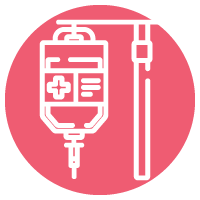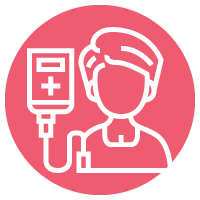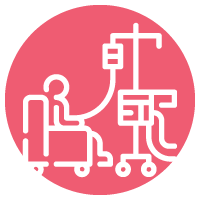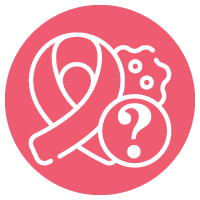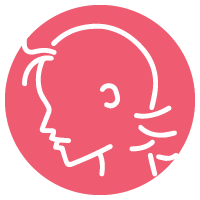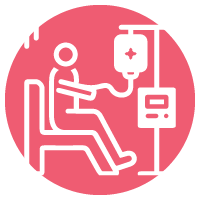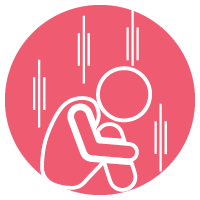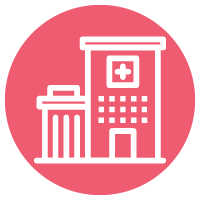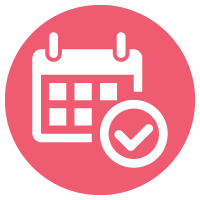What is chemotherapy?
Chemotherapy (sometimes just called “chemo”) is the use of drugs to kill or slow down the growth of cancer cells. It is most often used to treat cancer since cancer cells grow and multiply much more quickly than most cells in the body. Many different chemotherapy drugs are now available. Chemotherapy drugs can be used alone or in combination to treat a wide variety of cancers.
How does it work?
Usually, cancer drugs work by damaging the RNA or DNA that tells the cell how to copy itself in the division. If the cancer cells are unable to divide, they die. The faster the cancer cells divide, the more likely it is that chemotherapy will kill the cells, causing the tumour to shrink. Most chemotherapy drugs enter the bloodstreams and travel throughout the body to target rapidly dividing cancer cells into the organs and tissues.
How is chemotherapy used?
You might have treatment with a single chemotherapy drug or a combination of several drugs. There are many different types of chemotherapy drugs, and each type destroys or shrinks cancer cells differently. The chemotherapy drugs you are administered depends on the type of cancer. This is because different drugs work on different types of cancers. There are a variety of settings in which chemotherapy may be used in people with cancer: To cure cancer without other treatments, after other treatments, or to kill hidden cancer cells.
Why have chemotherapy?
Chemotherapy can be used for different reasons:
Why does chemotherapy cause side effects?
Chemotherapy works on cells that are dividing rapidly. Cancer cells divide rapidly, as do some healthy cells. These include cells in your blood, mouth, digestive system, and hair follicles. Side effects occur when chemotherapy damages these normal cells. Side effects of chemotherapy drugs can be significant. Each drug has different side effects, and not every drug causes all side effects. Ask your doctor about the side effects of the particular drugs you'll receive. Many of these side effects can be prevented or treated. Most side effects subside after treatment ends.
How is chemotherapy given?
Chemotherapy is most often given via a vein (intravenously). It is sometimes given in other ways, such as tablets you swallow (oral chemotherapy), as a cream, or as injections into different parts of the body. The choice depends on the type of cancer being treated and the chemotherapy drugs being used.
Does chemotherapy hurt?
Having a needle inserted for intravenous chemotherapy may feel like having blood taken. If you have a temporary tube (cannula) in your hand or arm, only the initial injection may be uncomfortable. If you have a central venous access device, it should not be painful. Your oncologist will let you know which method is suitable.
Where will I have treatment?
Most people have chemotherapy during day visits to a hospital or treatment centre. In some cases, overnight or extended hospital stay may be needed. People who use a portable pump or have oral chemotherapy can have their treatment at home. Sometimes a visiting nurse can give you intravenous chemotherapy in your home. Usually, your treatment team will discuss which options are available to you.
How long does treatment last?
How often and for how long you have chemotherapy depends on the type of cancer you have and the drugs that are used. You will usually have several treatment cycles, and these may be daily, weekly, or monthly.Often people have chemotherapy over 6-12 months, but it’s possible to have it for a shorter or longer period. Maintaining chemotherapy may last for many months or years.
